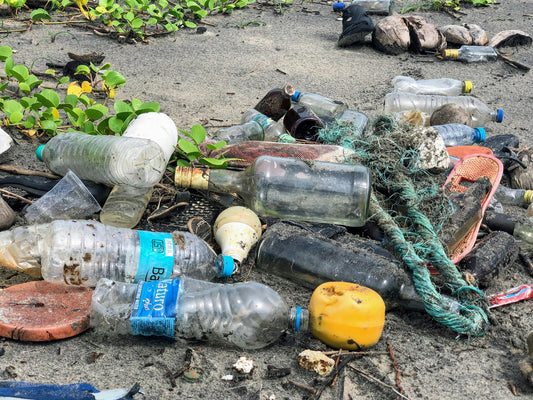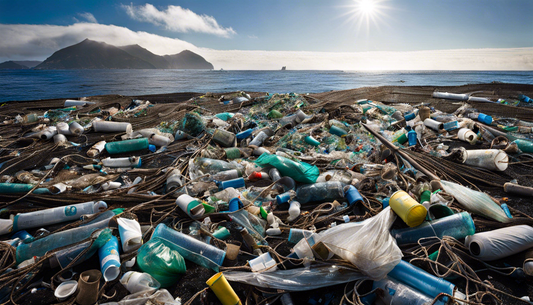Share
BHP Accused of Avoiding Responsibility for Brazil Dam Disaster:
BHP, the Anglo-Australian mining corporation, is facing accusations of persistently trying to evade accountability for the 2015 Brazilian dam disaster. The collapse of the Fundão dam, operated by Samarco, a joint venture between BHP and Vale, resulted in the deaths of 19 people and significant environmental damage.
Key Points:
- Largest Group Lawsuit::
The case is the largest group lawsuit in English legal history, initiated by over 620 individuals and various organizations seeking compensation up to £36 billion.
- Brazilian Reparations Process::
The plaintiffs argue that Brazil's reparations process has been ineffective, prompting the case to be filed in England.
- BHP's Actions::
BHP is accused of committing significant resources to create barriers against the claimants' legal actions in England. The company is alleged to be cynically and stubbornly avoiding its obligations.
- Dam Collapse::
On November 5, 2015, approximately 50 million cubic meters of toxic waste were unleashed, devastating the community of Bento Rodrigues and causing widespread destruction.
- Renova Foundation::
BHP, Vale, and Samarco formed the Renova Foundation to compensate individuals and address environmental impacts, but the largest class action in Brazil was paused pending settlement discussions.
- Settlement Proposal::
Just before the high court trial, BHP and Vale proposed to boost their offer in the Brazilian litigation by roughly $5 billion, totaling nearly $30 billion, which was dismissed by the claimants' lawyers as a desperate attempt to evade responsibility.
- Risk Assessment::
The claimants' attorneys contend that BHP was aware of significant risks while ramping up production at the iron ore mine. A risk assessment shared with BHP in 2009 indicated that the failure of the Germano and Fundão dams could result in 100 fatalities.
- Defense by BHP::
BHP refutes claims of liability, denying any awareness that the dam’s integrity was compromised or that its senior personnel approved actions leading to the collapse. The company asserts that Samarco directors appointed by BHP were not informed about the dam's safety risks.
- Legal Action Financing::
The legal action is being financed by the U.S. alternative asset management firm Gramercy, supporting over 620 individuals, 2,000 businesses, 46 municipalities, and 65 faith-based organizations.
- Trial Anticipation::
The trial is anticipated to span 12 weeks, with subsequent hearings necessary to determine the extent of compensation should BHP be found liable. Conclusion::
The ongoing legal battle highlights the complex and contentious nature of BHP's involvement in the Brazilian dam disaster, with both sides presenting starkly different narratives regarding accountability and compensation. The case underscores the need for transparent and effective corporate responsibility mechanisms in the face of environmental catastrophes.
If you want to read more like this, make sure to check out our Blog and follow us on Instagram. If you are interested in truly sustainable products, check out our Shop.
Check out the original source here








